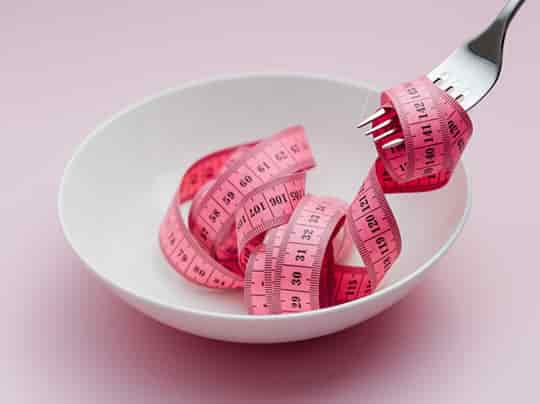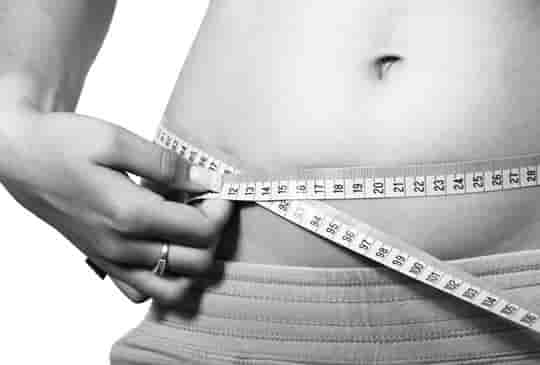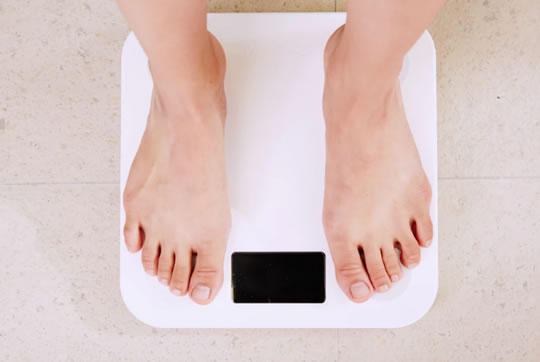Two-thirds of Americans struggle with their weight.
Changing to a plant-based vegetarian diet can double weight loss, recent research finds.
Not only is going veggie linked to weight loss, it also helps to improve the metabolism by reducing fat in the muscles.
In the study, people on a calorie-restricted diet who went vegetarian lost an average of 14 pounds, compared with only 7 pounds an anti-diabetic diet.
The study shows that not all calories are equal, since both groups consumed the same number of calories.
People on a vegetarian diet also reported feeling fuller and having more energy.
Dr Hana Kahleová, the study’s first author, said:
“What we found is that a plant-based vegetarian diet is a helpful tool for anyone who is serious about staying healthy and lean, especially as we age.
A diet built around plants is naturally rich in fiber, vitamins, minerals, and phytochemicals, which leaves us feeling energized and refreshed instead of hungry and fatigued.
Part of the reason a vegetarian diet works so well for many people is because it’s easy to stick to.”
The study included 72 people with type 2 diabetes.
They were randomly assigned to a normal anti-diabetic diet or a vegetarian diet.
Both diets restricted food intake by 500 calories less than required each day.
The vegetarian diet consisted of grains, legumes, vegetables, fruits and nuts.
Participants were also allowed one portion of low-fat yoghurt each day.
After six months, people on the vegetarian diet lost an average of 14 pounds, compared to 7 pounds on the anti-diabetic diet.
Dr Kahleová explained the study’s results:
“Vegetarian diets proved to be the most effective diets for weight loss.
However, we also showed that a vegetarian diet is much more effective at reducing muscle fat, thus improving metabolism.
This finding is important for people who are trying to lose weight, including those suffering from metabolic syndrome and/or type 2 diabetes.
But it is also relevant to anyone who takes their weight management seriously and wants to stay lean and healthy.”
Other studies have shown that vegetarian diets can add up to 10 pounds of weight loss compared to traditional diets.
The study was published in the Journal of the American College of Nutrition (Kahleova et al., 2017).










